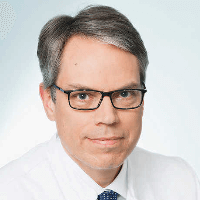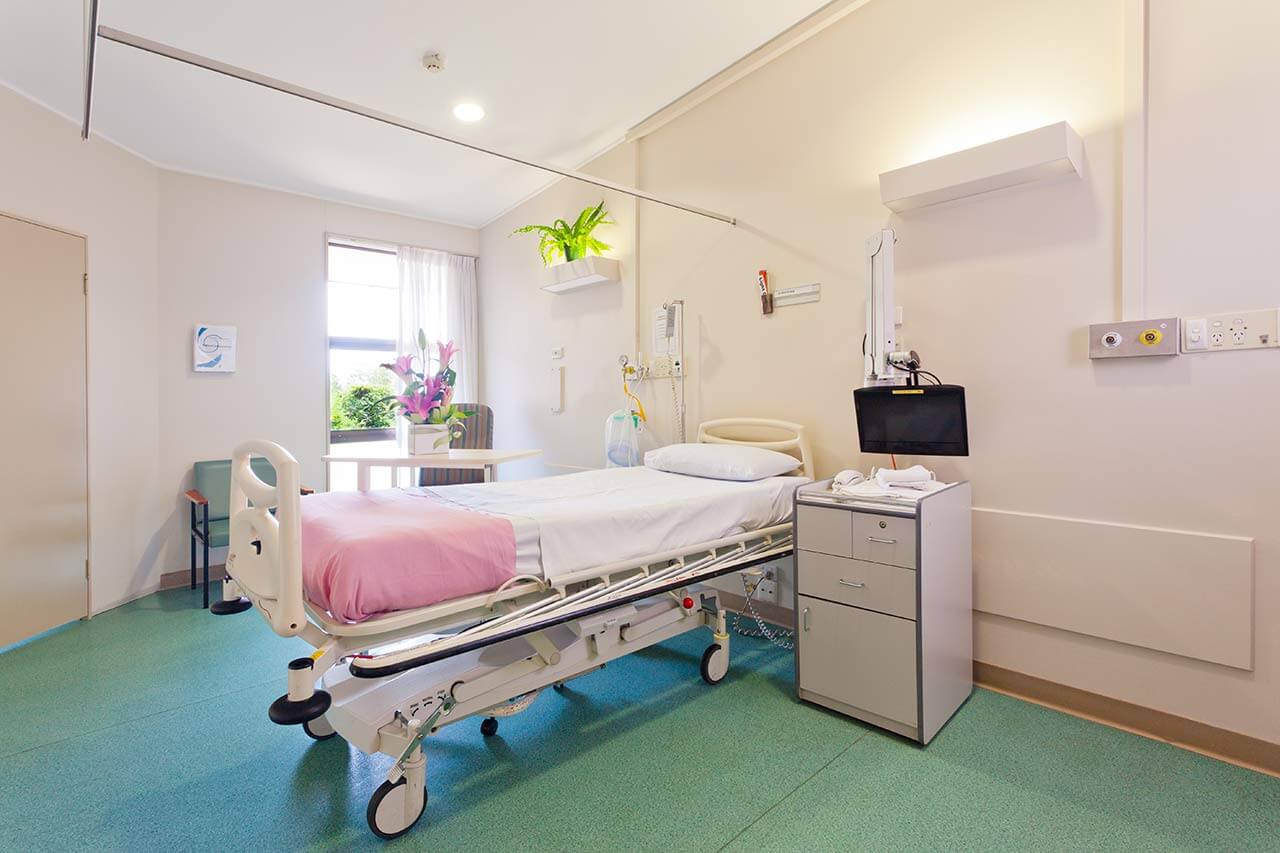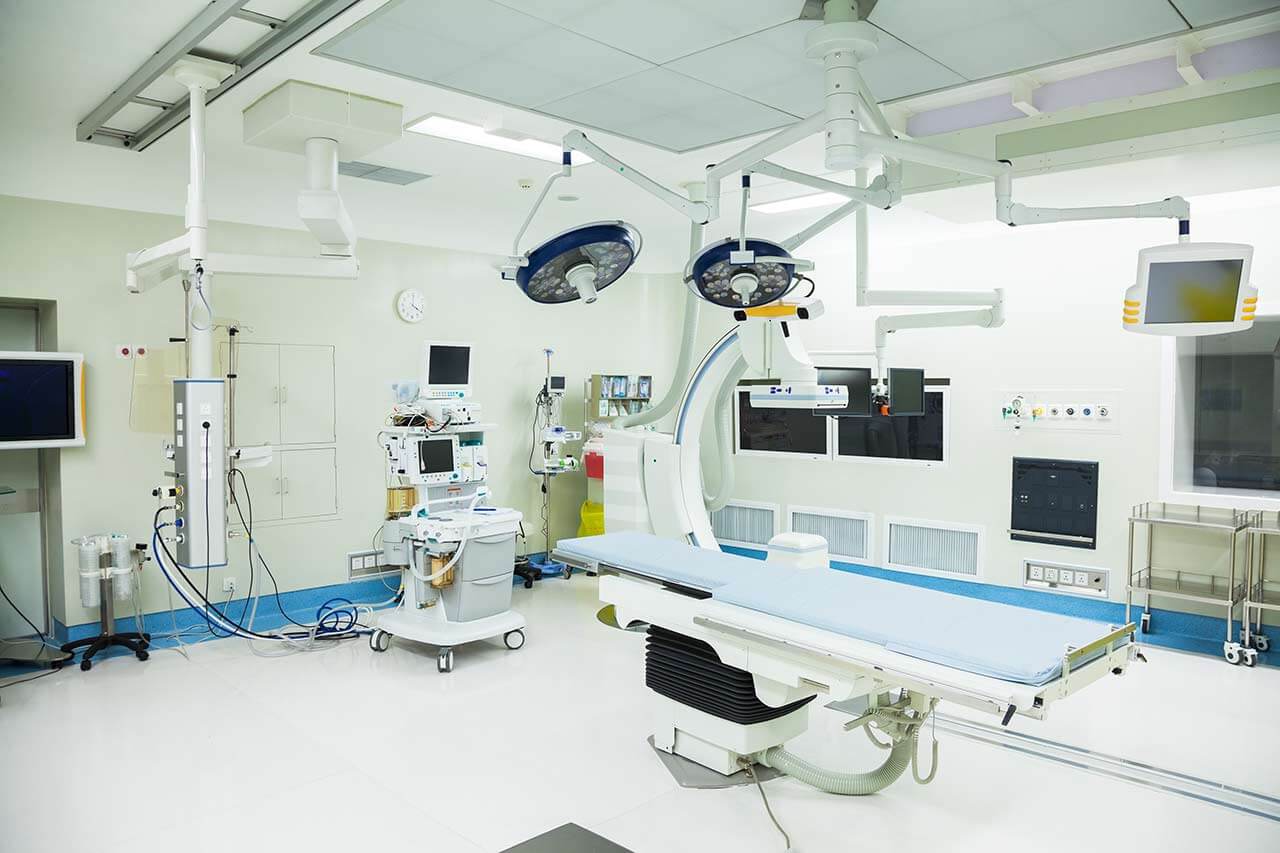
The program includes:
- Initial presentation in the clinic
- clinical history taking
- review of medical records
- physical examination
- laboratory tests:
- complete blood count
- general urine analysis
- biochemical blood test
- inflammation markers (CRP, ESR)
- blood coagulation analysis (aPTT, PT, INR)
- neurological examination
- electrophysiology study (if indicated clinically):
- ENMG (electroneuromyography)
- EEG (electroencephalography)
- SEPs (somatosensory evoked potentials)
- VEPs (visually evoked potentials)
- BAEP tests (brainstem auditory evoked potentials)
- CT/ MRI of the brain and spine
(if indicated clinically, additional cost is 650/1200€) - lumbar puncture
(if indicated clinically, additional cost is 1500 €) - nursing services
- consultation of related specialists
- treatment by chief physician and all leading experts
- explanation of individual treatment plan
(the cost of medicines is not included)
Required documents
- Medical records
- Brain and spinal cord MRI (if available)
Service
You may also book:
 BookingHealth Price from:
BookingHealth Price from:
About the department
The Department of Neurology and Epileptology at the Hospital Bogenhausen Munich provides the full range of diagnostic and therapeutic services in the areas of its specialization. The department's medical team provides high-quality diagnostics and effective treatment of diseases of the brain and blood vessels supplying it, diseases of the spinal cord, peripheral nerves and muscles. The focus is on patients with stroke, Parkinson's disease, multiple sclerosis, dementia and epilepsy. Neurologists cooperate closely with neurosurgeons and neuroradiologists, so patients receive a comprehensive approach to their clinical case. The hospital has 90 beds for patient hospitalization. The department annually treats more than 4,500 patients, while about 1,200 of them are admitted with suspected strokes. The patients' health is in the good hands of the highly qualified medical team consisting of 25 specialized doctors and 55 members of nursing staff. The main task of all specialists is to provide the patient with top-class medical care and maximum recovery of his nervous system. The Chief Physician of the department is Prof. Dr. med. Helge Topka.
The department includes a specialized Stroke Unit, within which the patients with stroke receive medical care. The department's Stroke Unit is certified in accordance with the requirements of the German Stroke Society and the German Stroke Foundation. In 2020, the Stroke Unit underwent the certification of the European Stroke Organization. All these honors indicate the highest quality of pathology treatment in the department. The specialists working in the Stroke Unit have more than 15 years of experience, and therefore they provide effective medical care even in the most complex clinical cases. Stroke is one of the most common and dangerous neurological disorders. Pathology requires urgent therapeutic measures, since untimely medical care can lead to irreversible damage to important centers of the brain or to death. In most cases, the department's neurologists use lysis therapy for stroke treatment. The essence of the thepay is dissolution of a blood clot, which blocks blood flow in the cerebral vessel by means of local or systemic administration of a thrombolytic. In some clinical cases, the specialists can resort to catheter-assisted interventions – mechanical recanalization. All beds in the Stroke Unit are equipped with the advanced monitoring systems for blood pressure measurement and control of other vital signs. The key attention is paid to the prevention of recurrent stroke. Upon the completion of therapeutic measures, the doctors carry out follow-up diagnostic examinations (computed tomography and magnetic resonance imaging) to assess the effectiveness of treatment and eliminate risks to the patient's health.
A special focus in the department's clinical practice is on the treatment of epilepsy. Epilepsy is a neurological disorder characterized by recurrent, sudden seizures. The etiology and intensity of seizures are quite varied, so it is important to choose the proper therapeutic tactics in order to achieve a successful result. The team of the department's neurologists elaborates an individual treatment regimen for each patient with epilepsy, taking into account the intensity and frequency of epileptic seizures, the patient's age, general health and other factors. The specialists select the optimal set of medications, which will help the patient get rid of epileptic seizures or minimize their number. Drug therapy is complemented by special diets (ketogenic diet, Atkins diet) and biofeedback. In some cases, vagus nerve stimulation can be performed. In addition, neuropsychologists, psychotherapists, physiotherapists, occupational therapists and speech therapists work with the patients. The department deals with the treatment of patients over the age of 16 with both primary diagnosis and previously diagnosed epilepsy.
The department's medical team is also proud of its excellent results in the treatment of movement disorders caused by neurological diseases. The key focus is on the treatment of Parkinson's disease and essential tremor. The treatment of these pathologies is based on drug therapy and deep brain stimulation. Physical therapy, occupational therapy, speech therapy, neuropsychology, and behavioral therapy are used as additional methods. Since Parkinson's disease and essential tremor today remain incurable diseases, the goal of treatment is to alleviate symptoms, improve the patient's overall health, improve his quality of life and prevent the progression of pathologies.
The department specializes in the diagnostics and treatment of the following diseases:
- Stroke
- Epilepsy
- Parkinson's disease, essential tremor and other movement disorders
- Dementia
- Cognitive disorders
- Neuroimmunological disorders
- Multiple sclerosis
- Myasthenia gravis
- Guillain–Barre syndrome
- Vasculitis
- Sleep disorders
- Insomnia
- Hypersomnia
- Irregular sleep-wake rhythm
- Parasomnia
- Other neurological disorders
The department's range of medical services includes:
- Diagnostic tests
- Cardiovascular diagnostic tests (for example, Schellong test)
- Ultrasound scanning of the cerebral vessels, head and neck vessels
- Lumbar puncture with cerebrospinal fluid pressure measurement
- Laboratory cerebrospinal fluid testing and dementia marker testing
- Electromyography and nerve conduction velocity test
- Electro- and video-oculography, including electronic nystagmography
- Electroencephalography
- Sleep-deprived EEG
- Registration of multimodal evoked potentials
- Assessment of the state of the nervous system in elderly patients
- Neuropsychological and psychosocial diagnostics
- Logopedic assessment of speech and swallowing disorders
- Treatment methods
- Drug therapy
- Vagus nerve stimulation for epilepsy
- Deep brain stimulation for movement disorders (for example, essential tremor, Parkinson's disease)
- Thrombolysis and mechanical recanalization for stroke treatment
- Emergency medical care
- Intensive care
- Physiotherapy
- Speech therapy
- Occupational therapy
- Behavioral therapy
- Diet therapy (ketogenic diet, Atkins diet) for epilepsy
- Other diagnostic and therapeutic options
Curriculum vitae
Since 2002, Prof. Dr. med. Helge Topka has been the Head of the Department of Neurology and Epileptology at the Hospital Bogenhausen Munich. The specialist received his medical education at the Universities of Ulm and Tuebingen. The doctor underwent professional training in Neurology at the University Hospital Tuebingen. Prof. Helge Topka successfully combines clinical practice with research activities. He carries out research projects at the University of Tuebingen and at the National Institute of Neurological Disorders and Stroke at the National Institutes of Health, Bethesda, Maryland, USA. The doctor is the Extraordinary Professor at the Technical University of Munich.
The doctor's clinical interests include the prevention and treatment of neurovascular diseases, including emergency care within the specialized Stroke Unit, as well as the diagnostics and treatment of Parkinson's disease, dystonia, myoclonus and tremor. In addition, Prof. Helge Topka specializes in the treatment of acoustic neuromas, cerebellopontine angle tumors, Alzheimer's disease, amyotrophic lateral sclerosis (ALS), Lyme disease, dementia, epilepsy, tick-borne encephalitis, meningitis, neurodegenerative diseases, multiple sclerosis and inflammatory diseases of the nervous system.
Photo of the doctor: (c) München Klinik Bogenhausen
About hospital
According to the reputable Focus magazine, the Hospital Bogenhausen Munich ranks among the ten best medical centers in Bavaria and among the top 50 medical facilities in Germany!
The medical facility is the Academic Hospital of Ludwig Maximilian University of Munich. The modern hospital with the highest level of services annually provides treatment to more than 85,000 patients with clinical cases of varying severity. With 1,000 beds, the hospital is the largest medical complex in the region. It provides both inpatient and outpatient treatment. In addition, the hospital has a 24-hour emergency service. The hospital's medical team consisting of highly qualified doctors and nursing staff focuses on tailored medical care, since they are convinced that every patient and his clinical case is unique. All employees of the hospital strive not only to provide the most effective treatment to the patient, but also to make his hospital stay as comfortable as possible. The work of doctors is based on respect and humane attitude towards their patients.
The hospital includes 18 specialized departments. Each department is responsible for the treatment of a particular group of diseases. The hospital is distinguished by outstanding successes in the treatment of diseases of the cardiovascular system, lungs and airways, gastrointestinal tract, musculoskeletal system, nervous system and metabolic disorders. Of particular interest is the treatment of cancers, which is provided on the basis of the Cancer Center certified in accordance with the standards of the German Cancer Society. The doctors of the hospital have a large arsenal of innovative treatment methods available only in the leading medical centers in Europe.
The high level of medical care is confirmed by the prestigious certificates of professional german medical societies. These are certificates of the German Cancer Society in the treatment of colon, pancreatic and esophageal cancers, a certificate of the German Cardiac Society, a certificate of the German Trauma Society, a certificate of the German Stroke Society and others.
The hospital has excellent conditions for the provision of comprehensive medical care. Long clinical experience of doctors in combination with high-tech medical equipment allows the specialist to work miracles, curing severe diseases, which doctors from other hospitals cannot cope with. The specialists of the hospital take care of both the physical health of patients and their emotional state, devoting enough time to personal communication. The efforts of the medical team are aimed at providing the patient with the most effective treatment and at completу cure of pathology, if possible.
Photo: (с) depositphotos
Accommodation in hospital
Patients rooms
The patients of the Hospital Bogenhausen Munich live in comfortable and cozy rooms with light colors. The hospital offers accommodation in single and double patient rooms. Each patient room has an ensuite bathroom with shower and toilet. The hospital also has patient rooms specially equipped for disabled people. The standard patient rooms include an automatically adjustable bed, a bedside table, a wardrobe, a table and chairs for receiving visitors. The patient rooms have Wi-Fi.
The hospital also offers enhanced-comfort patient rooms with a safe, a mini fridge and upholstered furniture.
The hospital has a library with many interesting books, magazines, CDs and DVDs. For the convenience of patients, the hospital also houses a small shop, a hairdresser and a cafe on its territory.
Meals and Menus
The patient and the accompanying person are offered tasty and healthy three meals a day. The diet is quite varied. Only fresh and high-quality products are used when cooking. Breakfast and dinner are usually served buffet style, while for lunch one can choose from three menus, including a dietary one.
If you are on a specific diet for some reason, you will be offered an individual menu. Please inform the medical staff about your dietary preferences prior to the treatment.
Further details
Standard rooms include:
Religion
The religious services are available upon request.
Accompanying person
During the inpatient program, the accompanying person can live with the patient in a patient room or a hotel of his choice. Our managers will help you choose the most suitable option.
Hotel
During the outpatient program, the patient can stay at the hotel of his choice. Our managers will help you choose the most suitable option.




